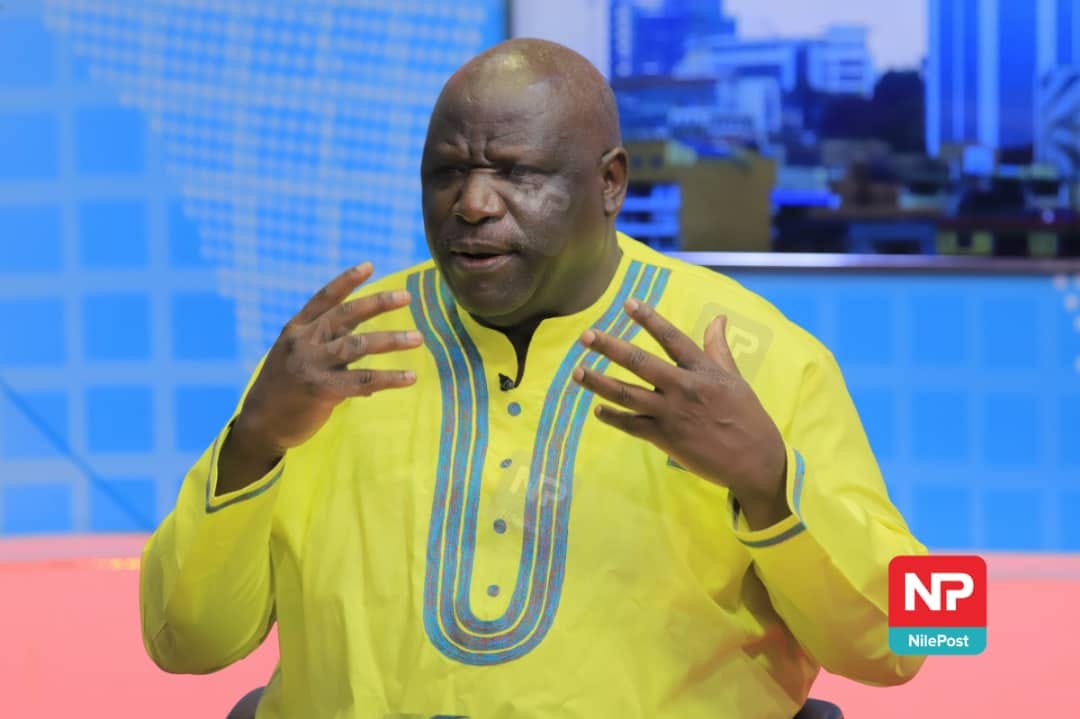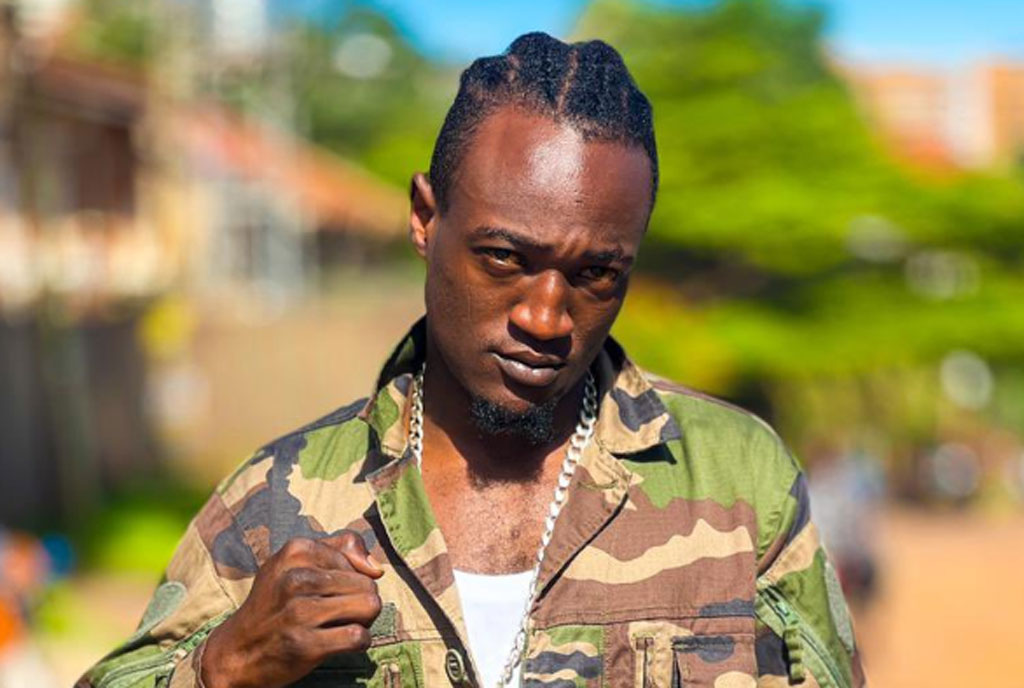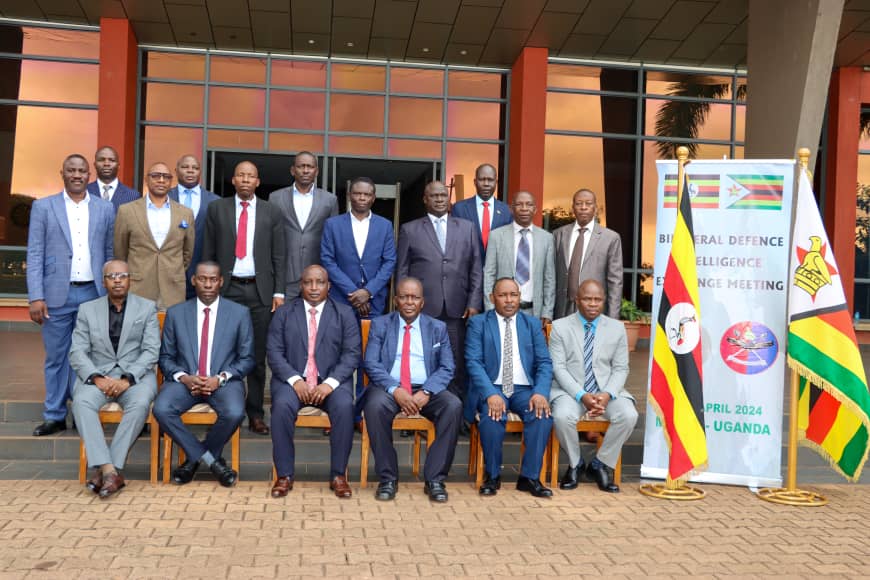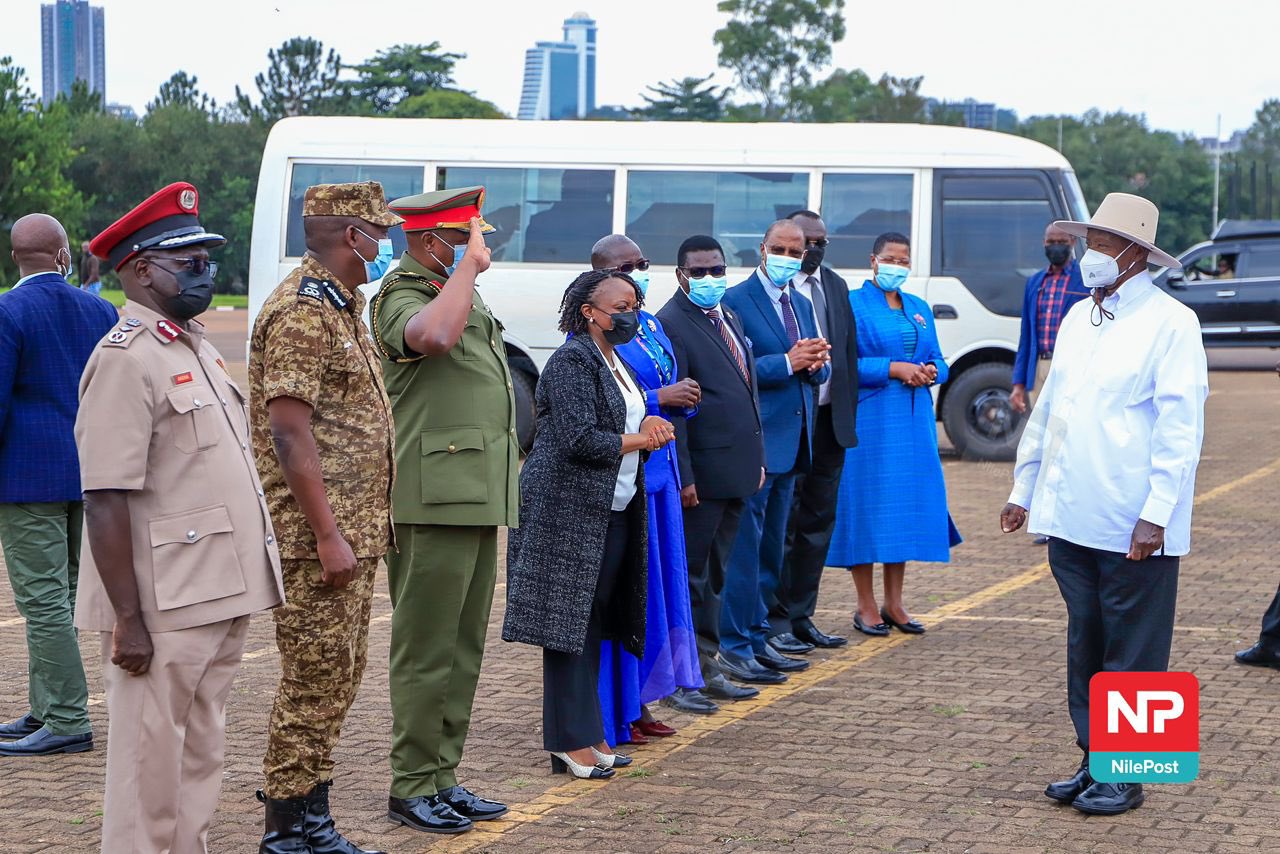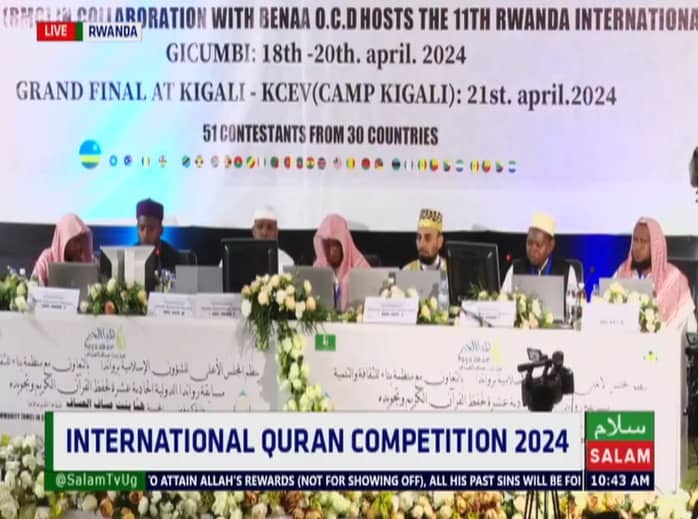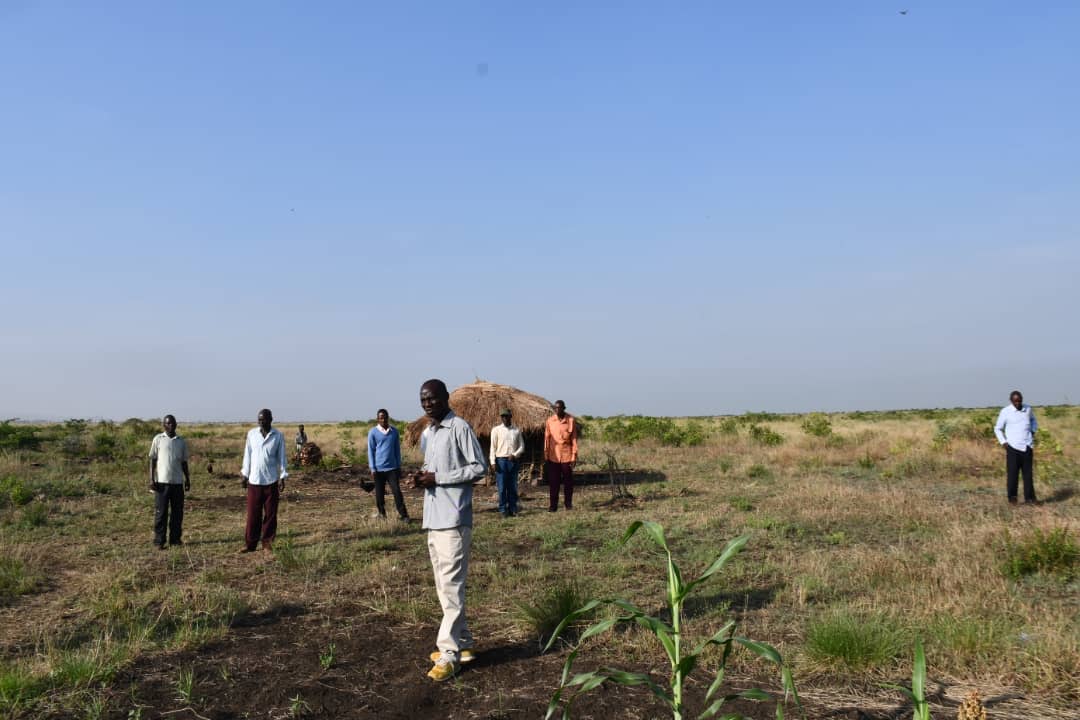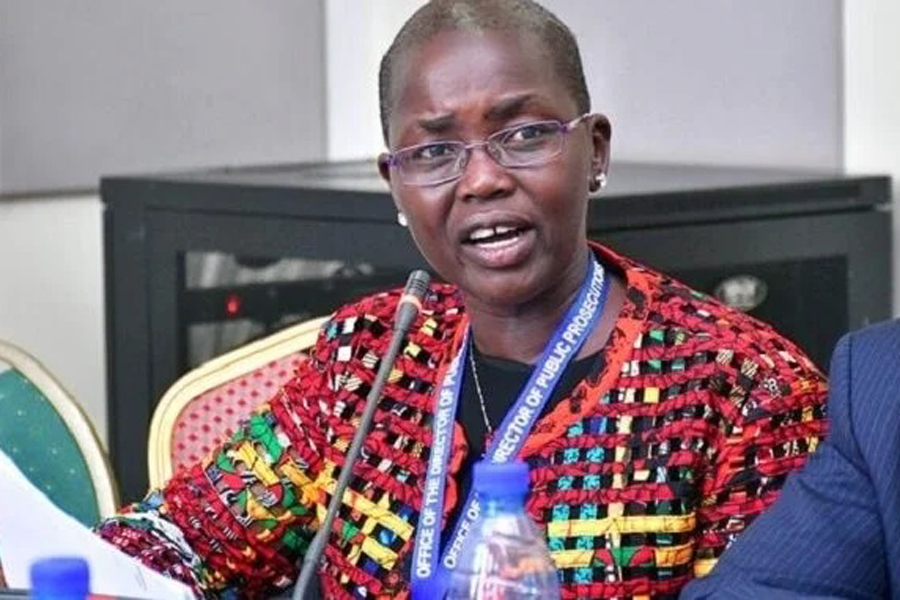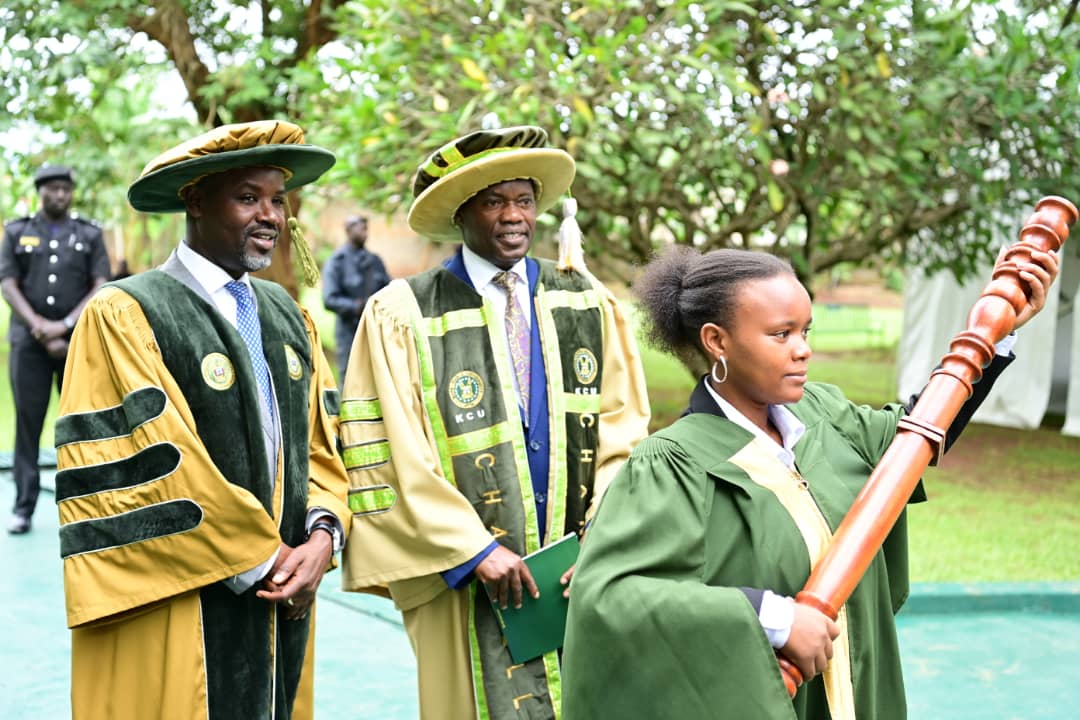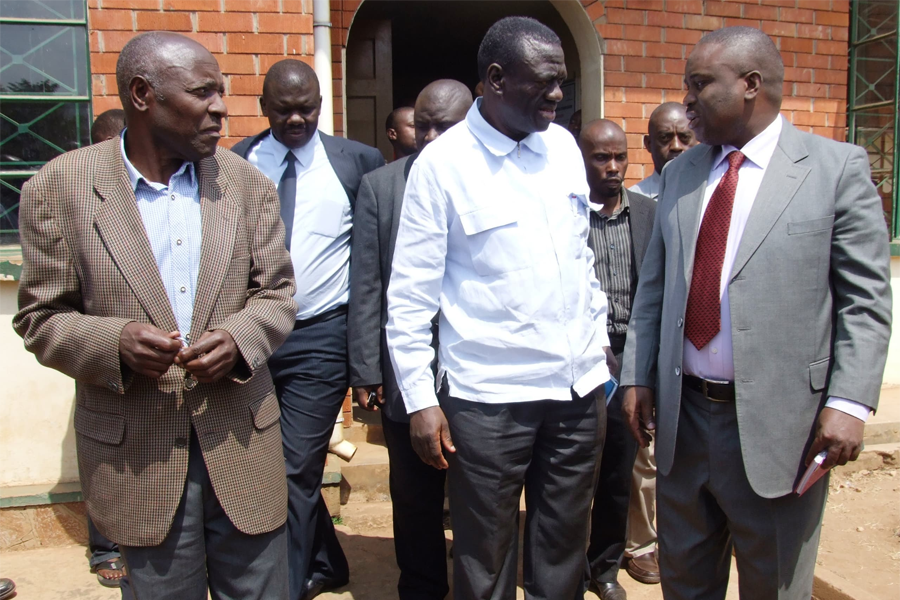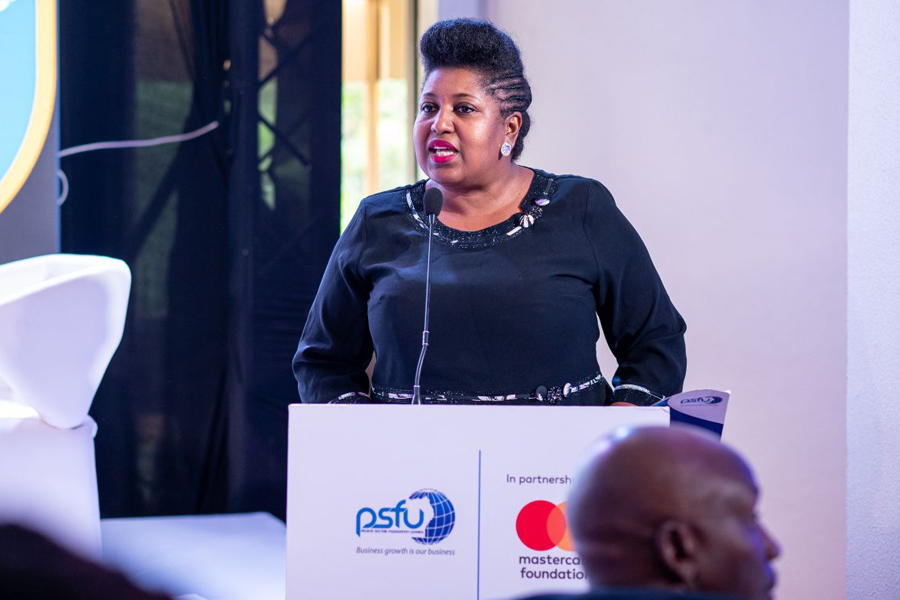What we know about the Russian invasion of Ukraine
On Thursday morning,Russia begun a large-scale military attack on Ukraine, its southern neighbour, on the orders of Russian President Vladimir Putin.
There were reports of attacks on Ukrainian military infrastructure across the country, and Russian convoys entering from all directions.
Here is what we know so far.
Putin orders attack
In a televised speech at 05:55 Moscow time (02:55 GMT), Mr Putin announced a "military operation" in Ukraine's eastern Donbas region. This area is home to many Russian-speaking Ukrainians. Parts of it has been occupied and run by Russian-backed rebels since 2014.
Mr Putin said Russia was intervening as an act of self-defence. Russia did not want to occupy Ukraine, he said, but would demilitarise and "de-Nazify" the country.
He urged Ukrainian soldiers in the combat zone to lay down their weapons and go home, but said clashes were inevitable and "only a question of time".
And he added that any intervention from outside powers to resist the Russian attack would be met with an "instant" response.
Explosions heard across the country
BBC correspondents heard loud bangs in the capital Kyiv, as well as Kramatorsk in the Donetsk region of eastern Ukraine. Blasts have also been heard in the southern port city of Odesa.
Ukraine's President Volodymyr Zelensky said Russia had carried out missile strikes on Ukraine's infrastructure and on border guards.
Russia's defence ministry has denied attacking Ukrainian cities - saying it was targeting military infrastructure, air defence and air forces with "high-precision weapons".
Tanks and troops enter Ukraine
Tanks and troops have poured into Ukraine at points along its eastern, southern and northern borders, Ukraine says.
Russian military convoys have crossed from Belarus into Ukraine's northern Chernihiv region, and from Russia into the Sumy region, which is also in the north, Ukraine's border guard service (DPSU) said.
Belarus is a long-time ally of Russia. Analysts describe the small country as Russia's "client state".
Convoys also entered the eastern Luhansk and Kharkiv regions, and moved into the Kherson region from Crimea - a territory that Russia annexed from Ukraine in 2014.
The Russian offensive was preceded by artillery fire and there were injuries to border guards, the DPSU said.
There have also been reports of troops landing by sea at the Black Sea port cities of Mariupol and Odesa in the south. A loud explosion has been heard in Odesa's city centre and a British resident of the city told the BBC many people were leaving.
Deaths reported
At least eight people are known to have died in bombings by Russian forces, Ukrainian police say.An attack on a milita
ry unit in Podilsk outside Odesa killed six people and wounded seven, officials say. Nineteen people are missing.
One person died in the eastern city of Mariupol, they added.
Ukraine says it is fighting back
The Ukrainian armed forces say they have shot down five Russian planes and a helicopter and inflicted casualties on invading troops.
"Keep calm and believe in Ukraine defenders", the statement from Ukraine's forces says.
However Russia's defence ministry has denied that its aircraft were shot down.
Ukraine has declared martial law - which means the military takes control temporarily - and has cut diplomatic ties with Russia.
President Zelensky urged Russians to protest against the invasion and said weapons would be distributed to anyone in Ukraine who wanted them.
Meanwhile Foreign Minister Dmytro Kuleba implored the world to impose devastating sanctions, including banning Russia from the international Swift bank transfer system
Residents seek shelter
In Kyiv there are huge jams on expressways as people flee the city.
Social media testimonies speak to a growing sense of panic, with some saying they are being rushed into bomb shelters and into basements. Television footage has showed people praying in the streets.
Many people in Kyiv have sought shelter in underground metro stations. There are also long queues at petrol stations and cash machines.
Further east in Kramatorsk, in the eastern Donetsk region, the BBC's Eastern European Correspondent Sarah Rainsford said people did not expect such a full-on assault.
"People were out on the streets last night in this city - they were waving the Ukrainian flag. They said this was their land. They were going nowhere," she reported.
"This is what people have been expecting, they have been waiting for, but no-one here can quite believe it's actually happening."
Oil price jumps
Oil prices surged above $100 for the first time in more than seven years.
Meanwhile Russia's currency, the rouble, fell to an all-time low against the dollar and the euro.
And the London Stock Exchange's leading FTSE 100 index plunged more than 200 points, or 2.7%, within moments of opening.
World condemns Putin
US President Joe Biden said Mr Putin had "chosen a premeditated war that will bring a catastrophic loss of life and human suffering". The world would hold Russia accountable, he said.
He said he would address Americans on Thursday about consequences Russia would face.
UK Prime Minister Boris Johnson said he was "appalled by the horrific events in Ukraine" and that Mr Putin "has chosen a path of bloodshed and destruction by launching this unprovoked attack".
Nato Secretary-General Jens Stoltenberg condemned Russia's "reckless attack" saying it "puts at risk countless civilian lives".
Europe was "facing its darkest hours since World War Two", EU foreign policy chief Josep Borrell said.
However former US President Donald Trump says Mr Putin took advantage of American "weakness".
He called Fox News to say that he didn't believe that Putin "wanted to do this, initially".
"I think he wanted to do something and negotiate, and it got worse and worse, and then he saw the weakness," Trump said.
Source:BBC


